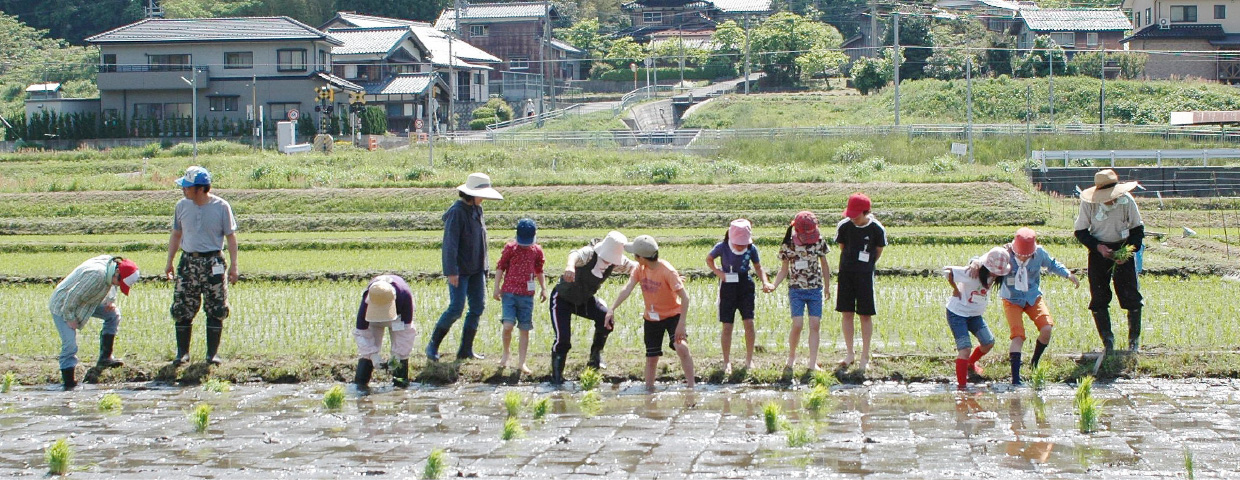NEWS

Side Event Discusses Subsidies and Incentives for Biodiversity Conservation
2024.05.29
On 23 May 2024, UNU-IAS co-organized a side event of the fourth meeting of the Subsidiary Body on Implementation (SBI-4) of the Convention on Biological Diversity (CBD)[TH1] in Nairobi. The session discussed how to identify and reform incentives and subsidies harmful to biodiversity.
Target 18 of the global Biodiversity Plan requires Parties to reduce harmful incentives by at least USD 500 Billion per year and scale up positive incentives for the conservation and sustainable use of biodiversity. In welcome remarks, Yosuke Kuramoto (SCBD) underlined that we can’t continue financing deforestation and habitat degradation in agriculture, infrastructure or other environmentally harmful activities.
Suneetha Subramanian (Research Fellow, UNU-IAS) explained that subsidies and incentives can positively and negatively impact biodiversity, ecosystem integrity, and the well-being of local communities, particularly in socio-ecological production landscapes and seascapes (SEPLS). Direct effects involve financial mechanisms that target specific production activities, while indirect or spillover effects arise from finance outside the immediate context but influence local activities and well-being. She shared preliminary insights from a survey conducted by UNU-IAS, the Yolda Initiative and the Biotrade Initiative to capture experiences and perspectives from the ground on the direct and indirect impacts of subsidies and incentives in SEPLS. Local stakeholders often struggle to compete with larger, state-supported players, particularly those engaged in monoculture practices. However, there are ongoing efforts to revitalize local economies, with communities exploring alternative vocations, such as ecotourism, based on their unique resources and ecosystems.
Engin Yilmaz (Executive Director, Yolda Initiative/Coordinator, AMNC) presented a case study on the impact of the European Common Agricultural Policy (CAP) on pastoralism in Europe. He noted the historical significance of pastoralism in shaping Europe’s landscapes, biodiversity, and culture, alongside its recent decline due to factors including the CAP. CAP’s market mechanisms and trade liberalization have increased uncertainties in pastoral systems and contributed to territorial polarization.
A panel discussion delved into the multifaceted aspects of subsidies and incentives, underscoring the pivotal role of stakeholder engagement and bottom-up approaches in shaping the discourse on biodiversity conservation. Clemence Moinier (Environment and Climate Specialist, IFAD) discussed the dual nature of subsidies within the agricultural sector, highlighting that those targeting specific commodities often result in biodiversity loss and reduced dietary diversity due to production intensification. Lika Sasaki (Programme Management Office for BioTrade Initiative, UN Trade and Development) noted the complexity in determining the impact of subsidies, emphasizing that the design and implementation are crucial. She identified harmful subsidies as those promoting over-exploitation and environmentally damaging practices, while beneficial subsidies support conservation, sustainable resource use, and local community inclusion. Balakrishna Pisupati (Head, Environmental Policy Unit, UNEP) stressed that local challenges guide discussions on subsidies through a bottom-up approach.
The event was organized in partnership with the CBD Secretariat (SCBD), Alliance for Mediterranean Nature & Culture (AMNC), BioTrade Initiative and the International Fund for Agricultural Development (IFAD).


